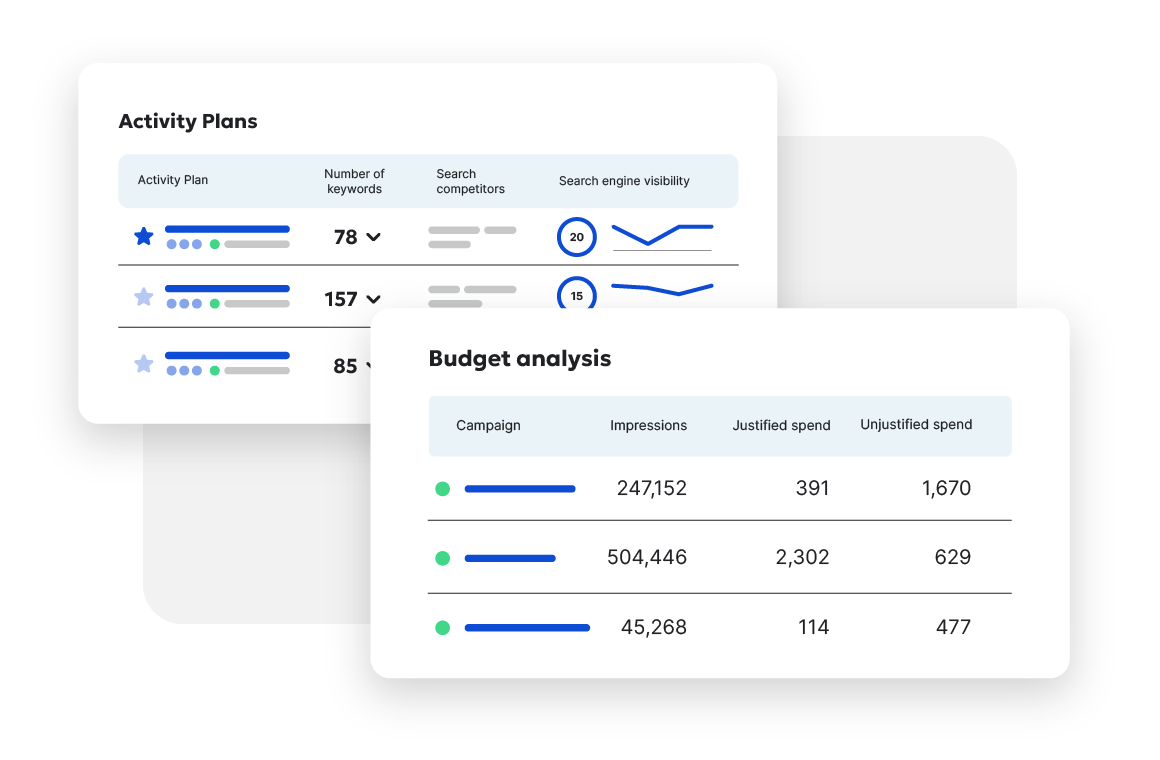The past year in search has seen significant change. From how we go about tracking keywords in Google Ads, to performance measurement and all things Core Web Vitals, the past few years have been filled with changes to the search industry. With so many changes appearing, how can one predict where search will go next? Here are my predictions on where I think search will go in the next five years.
(Third-party) Cookieless
In 2021, Google released FLoC (Federated Learning of Cohorts) which seeks to replace third-party cookies that are notorious for following website visitors across their devices and browsing history. Instead of using third-party cookies, Google is relying on Google Audiences and in-market affinity to provide interest-based ads while protecting a user’s privacy.
So where does this leave search in the next five years? With the launch of privacy laws such as GDPR and CCPA, as well as Apple’s iOS14 privacy developments, the options for advertisers certainly seem limited. In fact, I predict that Google may further restrict what audience data it provides to advertisers over the next five years, to the point where these affinity audiences may need to be purchased at a premium.
With that in mind, now is the time to focus on the data you’re provided from website visitors to best cater to their experience. This may mean adding User IDs to your tracking to keep visitors’ privacy secure, while still receiving insights into their behaviors. For example, that could mean using segmentation maps in tools like Siteimprove to better understand visitor interactions from specific channels to landing pages.
Less reliance on Google
With all these changes from Google, I also predict that we will see a decreased reliance on Google as far as search insights. With the amount of data taken from marketers—starting with (not provided) in organic results, to removing search query reporting for low click queries in paid results—some will argue that this paves the way for greater automation and strategic focus for accounts, while others are already seeing the severe impacts to their business.
I predict we will see an increase in software platforms advocating for recommendations generated by artificial intelligence (AI) and what metrics matter for advertisers as opposed to Google’s set of insights. Most PPC advertisers already glean their own metrics away from Google Ads, but I think we will start to see lower cost solutions to cater to the smaller budget advertisers as well.
I recommend that advertisers take Google Ads’ recommendations into consideration within their own business context. If Google recommends that you limit your budget on a campaign that’s a crucial top of funnel touchpoint, then make sure that campaign stays active (and perhaps consider tracking relevant actions as conversions!).
Entity optimization
With schema markup and other capabilities, we have seen marketers optimize their web pages with specific entities in mind (recipe vs. book, location vs. person, etc.). I predict that in the next five years, optimizing specific pages for keywords/search intent will be a thing of the past. In its place, we will be focused on optimizing specific paragraphs, or entities for search terms/visitor intent.
Google is already focusing on multiple page topics in their search results and highlighting specific passages. I think this will continue to be the case, enabling marketers to focus on the most relevant pieces of content that relate to a searcher’s interest. This may also finally end the debate around what the right word count is for a piece of content, too!
I recommend that marketers and content writers focus on a strong heading structure for their content and topics covered on each webpage. If you haven’t started your schema markup strategy, now would be a good time to start figuring out how to implement it on your website.
A (formal) focus on web accessibility
Google has been clear from the start that it does not use ADA metrics in its algorithm. However, with an increased focus on overall page and user experience, many SEOs (myself included) have begun to hypothesize that the search engine is in fact beginning to turn its focus toward web accessibility.
I predict that in the next five years, we will see web accessibility become a ranking factor for organic search. With Lighthouse, Google is already collecting data on common accessibility recommendations. I think it will only be a matter of time before they use some of that data to impact rankings if they have not already.
My recommendation is to ensure your website is up to date with the latest Web Content Accessibility Guidelines (WCAG) 2.1. You may be unable to fix everything on your website, but ensuring that all web visitors have an easy-to-access website will continue to be critical, not just for search engines, but for your website visitors especially.
As I said at the start, there is so much that has changed with search in the past year, so I would not be surprised if all these predictions were to happen in a year or take all five years to occur.

Ready to improve your Search Engine Optimization?
Siteimprove SEO is an all-in-one Enterprise SEO tool that can help you achieve your digital potential.
Schedule a demo
Diane Kulseth
With over a decade of digital marketing experience, Diane Kulseth is the Manager for Digital Marketing Consulting at Siteimprove. She leads the Digital Marketing Consulting team in providing services to Siteimprove's customers in SEO, Analytics, Ads, and Web Performance, diagnosing customer needs and delivering custom training solutions to retain customers and support their digital marketing growth.
